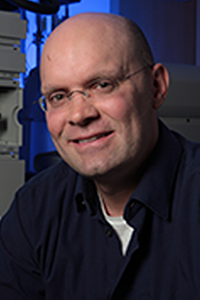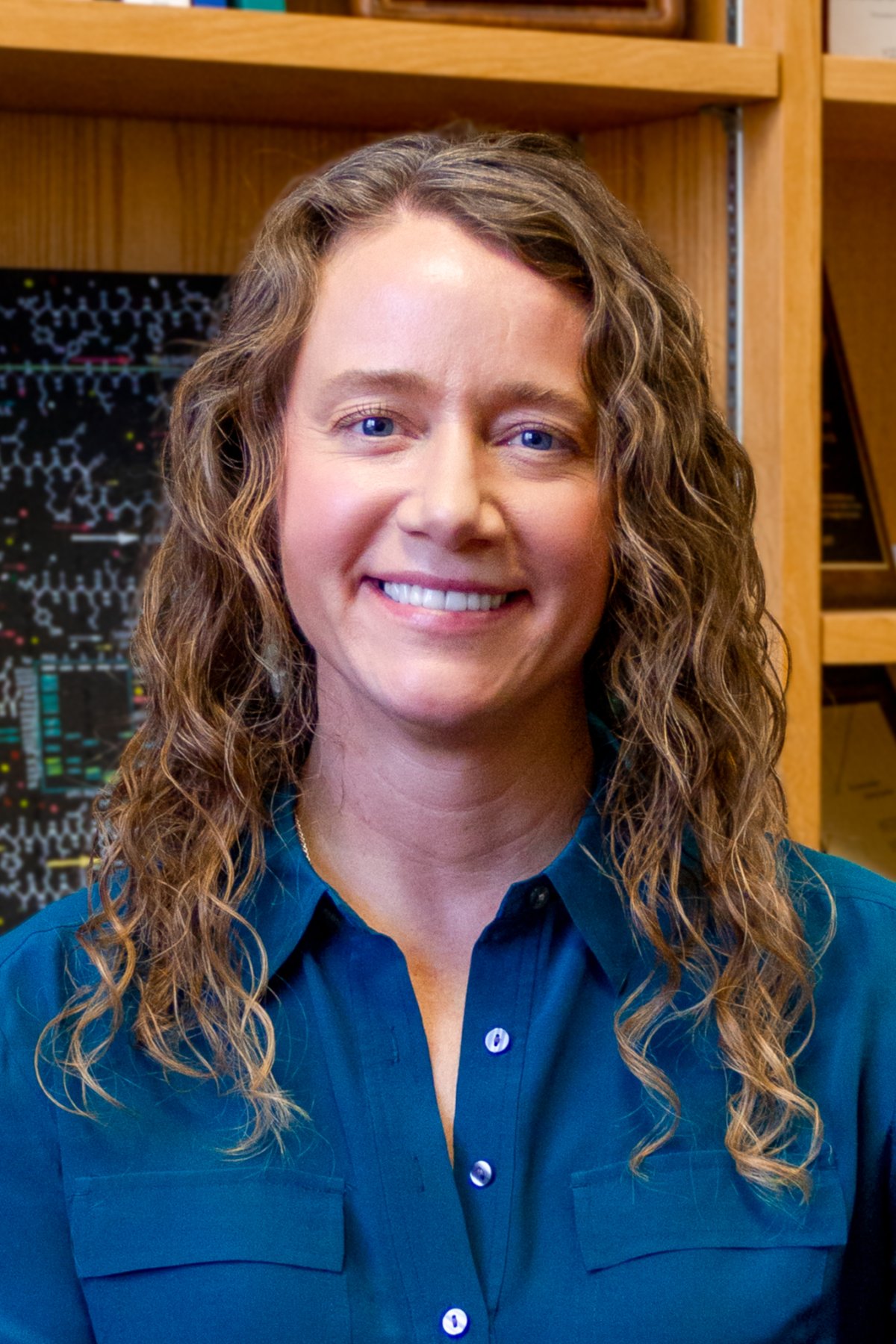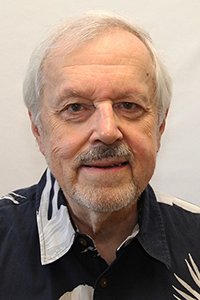Chemical Biology
Faculty


Assistant Professor, McKnight Land-Grant Professor, Department of Chemistry
468B Kolthoff Hall




Distinguished McKnight University Professor, Distinguished University Teaching Professor, Department of Chemistry
668C Kolthoff Hall

Northrop Professor, Director of Graduate Studies for Chemical Physics, Department of Chemistry
233 Smith Hall




Affiliate Graduate Faculty, Biological Sciences
7-144 Molecular And Cellular Biology

Affiliate Graduate Faculty, Medicinal Chemistry
2-139 Cancer and Cardiovascular Research Building

Affiliate Graduate Faculty, Medicinal Chemistry
B-102 Weaver-Densford Hall

Department Head, Distinguished McKnight University Professor, Department of Chemistry
139A Smith Hall

Distinguished University Teaching Professor, College of Science & Engineering Distinguished Professor, Department of Chemistry
422 Smith Hall

Affiliate Graduate Faculty, Biochemistry, Molecular Biology, & Biophysics
5-122 Nils Hasselmo Hall


Professor, McKnight Land-Grant Professor, McKnight Presidential Fellow, Department of Chemistry
215 Smith Hall

Distinguished McKnight University Professor, Prager Chair in Macromolecular Science, Department of Chemistry
239 Smith Hall

Affiliate Graduate Faculty, Medicinal Chemistry
2-147 Cancer and Cardiovascular Research Building

Regents Professor, Distinguished University Teaching Professor, College of Science & Engineering Distinguished Professor, Department of Chemistry
247 Smith Hall

Affiliate Graduate Faculty, Medicinal Chemistry
2-220 Cancer and Cardiovascular Research Building